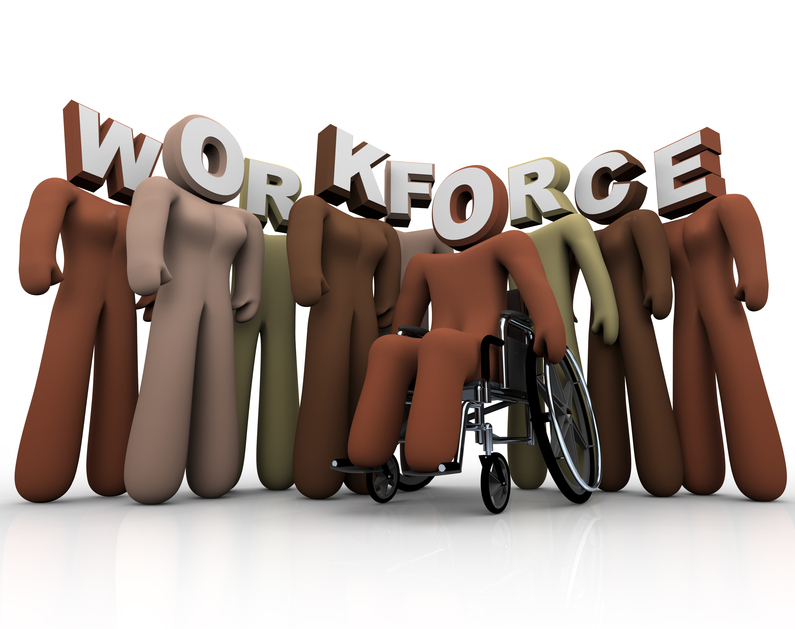Treatment of depression in the work force
By Liz Lockhart
Employees with depression who receive treatment whist still working are considerable more likely to be highly productive  than those who do not, according to a new study from the Centre for Addiction and Mental Health (CAMH).
than those who do not, according to a new study from the Centre for Addiction and Mental Health (CAMH).
This is claimed to be the first study of its kind to examine the link between treatment and productivity. The study findings are published in the current issue of the Canadian Journal of Psychiatry.
The study findings are considered to be of particular significance at a time when we are experiencing global economic uncertainty, with mental illness being attributed to adding financial burden to overstretched resources and depression accounting for a third of lost productivity, according to researchers.
A large-scale population survey was used for this study in which some 3,000 employed and recently employed people in Alberta were questioned.
The study showed that people who experienced an episode of depression were much less likely to be highly productive. Dr. Carolyn Dewa, Head of CAMH’s Centre for Research and Employment and Workplace Health and lead author of the study said ‘We expected this, as past research has found that depression has adverse effects on comprehension, social participation, and day-to-day functioning.’
‘What’s exciting is we found that treatment for depression improves work productivity. People who had experienced a moderate depressive episode and received treatment were 2.5 times more likely to be highly productive compared with those who had no treatment. Likewise, people who experienced severe depression were seven times more likely to be high-performing than those who had no treatment,’ Dewa added.
Looking at the sample of 3,000 participants, 8.5% experienced a depressive episode (255 workers).
Whilst the study results showed the effectiveness of treatment, the findings also revealed some less satisfactory data. Dr. Drewa said ‘We found that among all study participants who had been diagnosed with a severe depressive episode, 57% did not receive treatment, 40% of those who experienced a moderate depressive episode did not receive treatment.’
‘When we look at the success of workers in the sample who received treatment while in the workplace, it really speaks to the importance of prevention and the need for employers to facilitate treatment and support. If people are able to receive treatment early, disability leave, which costs companies $18,000 per leave, may be avoided.’ Dewa said.
‘Stigma and discrimination have often affected people’s willingness to access services, as has the lack of knowledge around support available in the workplace. It is crucial that employers offer mental health intervention to their employees and support them in engaging in treatment, as well as continuing to support them as they transition back into the workplace,’ Dewa concluded.





